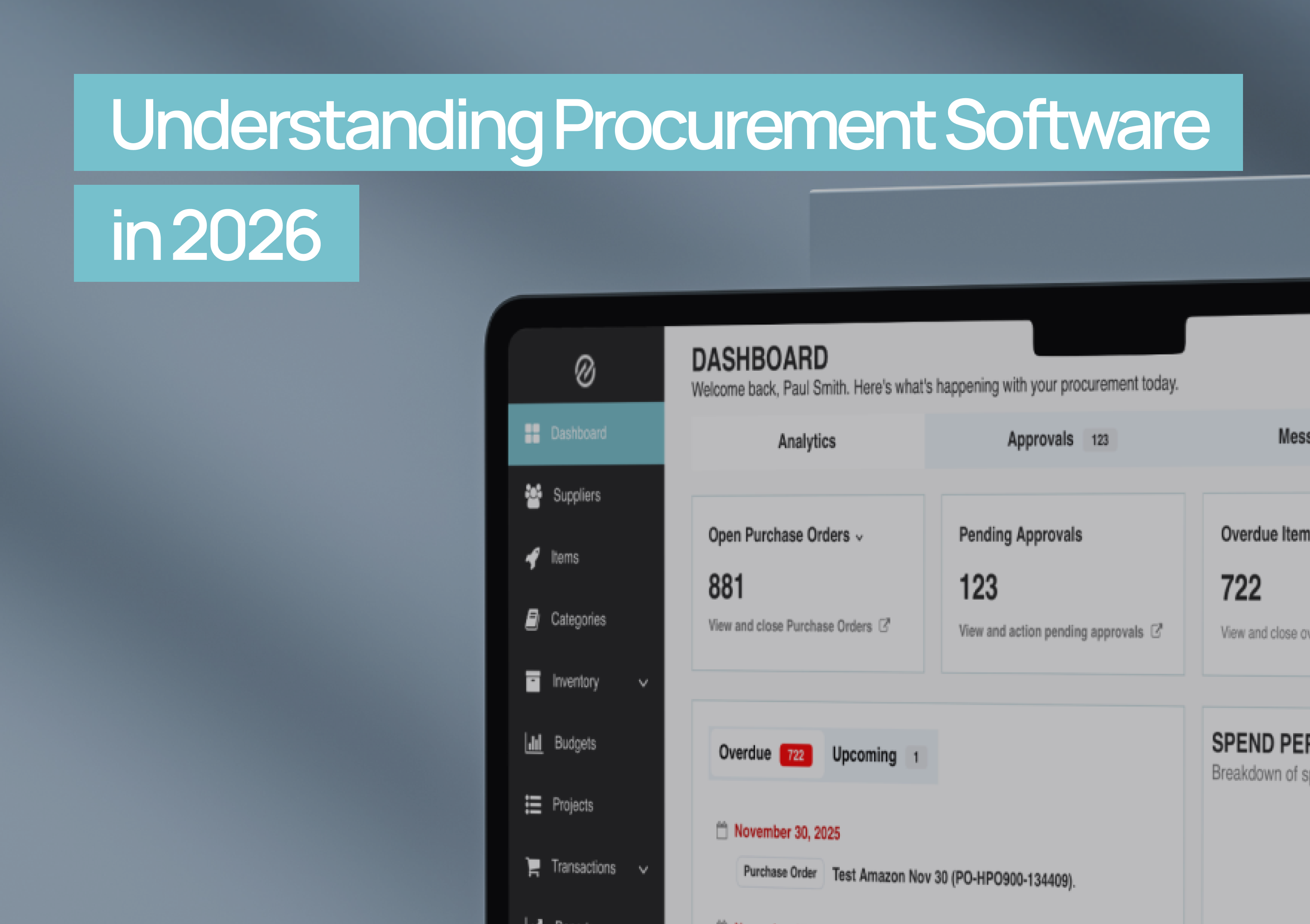It's the enemy your business never knew it had. Considered a pillar of business best practice, how is it possible that the budget, the best friend of founding financial principles, could be working against your business? As an unseen foe, the budget acts silently and completely undetected, siphoning the efforts of your company and converting them into selfish, sub-optimal routines of mediocrity. The budget is an old agent in the world of business, and without any attention drawn to its covert influence, continues to sabotage countless companies without their knowing.
A Pretentious Pitfall for Startups
"So you're finally making that startup happen, huh? What's your business plan look like? You got your budget all figured out?"
It's already been brought up. The business hasn't even started yet... "I know!" you might say, "if the budget is my enemy, I just won't make one, crisis averted!". But the budget actually begins as a good friend, especially for starting companies. In fact, it's unheard of for a business proposal to lack some sort of financial forecast to accompany its intended purpose. Because of this, the budget quickly becomes one of the most important aspects for the company, and a lot of effort is spent on developing strategies around it.
Once the company develops, things start becoming routine - maintaining customer relations, evaluating performance KPIs, updating annual budgets, developing business networks and partners, searching for new operations software...
Wait! Did you notice it? Lost in the busy sea of business operations, the budget has blended in, now boasting status as of one of your longest standing, most critical strategic resources. But as your company has changed, so too have the effects of the budget: a malicious and subtle shift that resonates through the actions of everyone that adheres to it.
Unmasking Underachievement
When companies start out, innovative thinking and striving to maximise efficiency are prized attributes for every employee to exhibit. As a company expands however, it's easy for managers to lose sight of improving the way a business is run in favor of meeting their main priority: adhering to the budget. This is especially likely when financial compensation is tied to meeting budgeted expectations, and QuickBooks warns of the danger posed by taking this approach.
A budget in development or being re-evaluated is particularly vulnerable to manipulation, as estimates of low revenue and high expenditure can skew even the most average results into appearing as optimal or even exceptional performance. It's not uncommon for employees to shift their innovation towards finding ways to "cook the books", delivering statistics in ways that present an overly favorable outlook towards their efforts. These shady actions vary in severity, and in extreme cases can border on outright financial fraud - an ironic situation given that budgets are a primary tool used by auditors to dissuade such occurrences from happening in the first place.Rebuilding the Beneficial BudgetReimagining the way budgets are handled has been a topic of controversy for many years. Suggestions have ranged from ideas like slight adjustments and shifting to more centralised financial procedures, to extreme concepts like doing away with traditional budgeting entirely. Across discussions from many experts, a common trend has emerged: a budget that isn't actively monitored is more likely to produce undesirable motivations from those that use it.
But often numbers alone are not enough to provide a reliable estimate of a budget's effectiveness, which makes thorough analysis a difficult and time consuming proposition. For instance, if $500 remains in a monthly marketing budget, a manager might dump the remaining amount into developing a fancy website landing page for an advertising campaign. Was the money spent on a cost appropriate to the budget? Yes. Was all of the funding for the month used? Yes. Those questions are enough to satisfy a broad budget report, but further analysis reveals a series of more important questions:
Was the landing page necessary? Was a technical evaluation part of the procurement process? Were negotiations held with different vendors to attain the best price? Is a system in place to document and track the results of the purchase? Would that $500 have been used more effectively in another budget?
Tools for the Job
Verifying the circumstances that surround expenses and sales is a nearly impossible task without a process in place for tracking and reporting on the actions behind the statistics. For many businesses, the process has shifted to include online purchasing software that allows them to track context, not just numbers. By doing so, businesses are able to reclaim control of their financial strategies, and create processes that promote ongoing optimisation.
There's only one way to avoid having your budget ruined by routine: develop a management strategy to analyse actions. Procurement applications can offer an affordable set of tools for monitoring and adjusting sub-optimal buying and selling conventions, so don't settle for the neat appearances presented by a backstabbing budget.
Looking for a powerful tool to monitor your budgets? Try using Tradogram for free today - a flexible procurement solution for medium sized businesses.
.png)


.png)
.png)


.webp)
.png)
.png)









